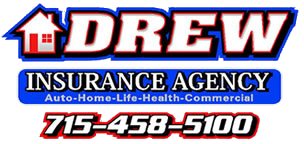Life & Health Insurance
Life Insurance is peace of mind. That’s what you are buying.
These are just examples of the most common types of Life Insurance.
If you have any questions, please feel free to contact us for a LIFE INSURANCE NEEDS ANALYSIS.
Types of Life Insurance: Life insurance may be divided into two basic classes – temporary and permanent or following subclasses – term, universal, whole life and endowment life insurance.
Fill out a simple form to get your quote started quickly.
Call, email, or visit us for more information.
Term Insurance
Term assurance provides life insurance coverage for a specified term of years in exchange for a specified premium. The policy does not accumulate cash value. Term is generally considered "pure" insurance, where the premium buys protection in the event of death and nothing else.
There are three key factors to be considered in term insurance:
Face amount (protection or death benefit),
Premium to be paid (cost to the insured), and
Length of coverage (term).



